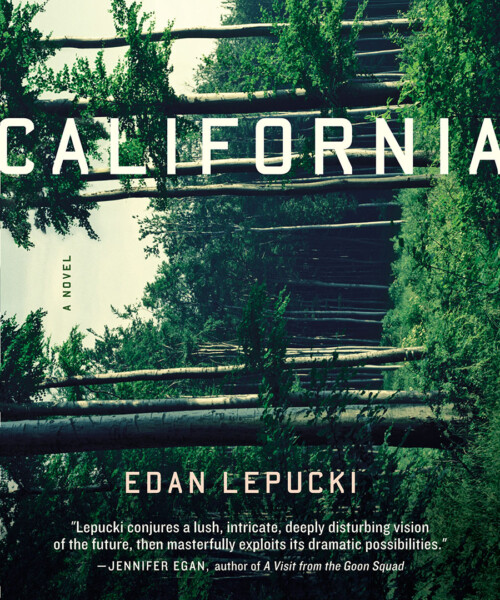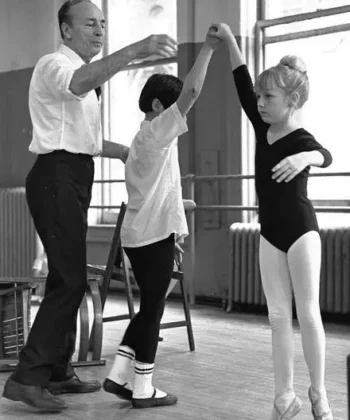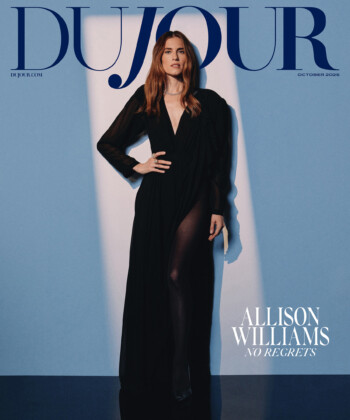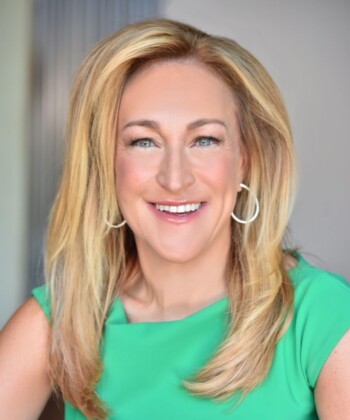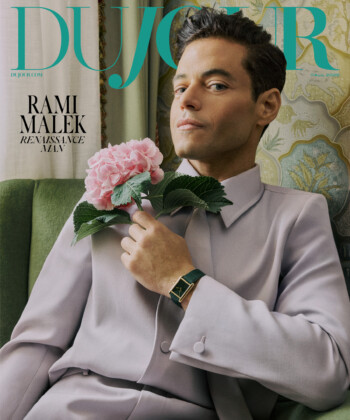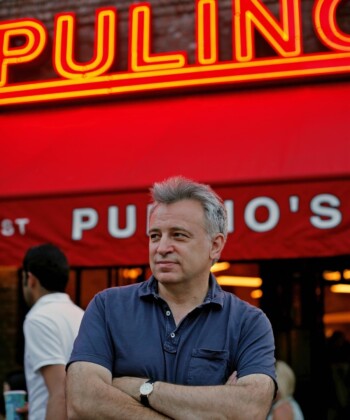In the world we live in now, it’s hardly short of a miracle that one debut novelist would come out on top in a fight with Amazon—the company whose annual revenue is larger than half of the countries on Earth. But Edan Lepucki, a bubbly blonde 33-year-old from L.A., is that novelist. The name of her first novel, which rocketed to number three on the New York Times Bestseller list practically overnight, is California—and since such a thing is relatively unheard of for a new author’s first book, the title has a nice ring to it. “California” is a word that has always conjured so much hope and possibility.
The backstory is this. For a couple of months now, a feud has been raging between Amazon and publisher Hachette Book Group over Hachette’s refusal to lower their e-book prices to Amazon’s requested $9.99 pricing. Not a fan of Hachette’s impertinence, Amazon made moves to injure Hachette’s profits by removing the preorder option from all of Hachette’s books, slowing shipments, and removing previously offered discounts on Hachette’s titles.

Edan Lepucki
Amazon claims that according to their internal data, a book priced at $9.99 will sell nearly twice the copies that a book priced at $14.99 will, thus greatly increasing a book’s total revenue when sold at the lower price. However, Amazon’s tactics have outraged many in the publishing and media communities, including one individual who happens to talk quite a lot: Stephen Colbert. The sardonic host of The Colbert Report, the second most-watched late night show on television, decided to take up arms in defense of his publisher. He gave the “Colbert Bump” to Lepucki’s novel after National Book Award-winner Sherman Alexie gave it his stamp of approval. Colbert continued to endorse California on his show, urging his loyal viewers to buy the book, and lo and behold, it has seen success beyond Lepucki—or anyone’s— wildest dreams. Film rights for a mini-series are in the works now.
But behind all the politics and the drama, there is a dark, gripping and powerful novel. California tells the harrowing story of a young married couple in a dystopian not-so-far-in-the-future California, where the government has caved, natural disasters have wreaked havoc and the country’s greatest cities lie in ruin. Cal and Frida flee a crumbling, festering L.A. for the wild unknown, only to discover that much more chilling realities await them there.
I bet you never imagined that you would make it onto TV so quickly!
No! What’s really funny is now I’m not nervous about anything. To go on Colbert, I was so terrified, and now I’m like, ‘Well, I did that, so everything else is easy!’

Edan Lepucki signing books
It’s interesting reading the reviews of your book because some people get so wrapped up in the realism of the apocalyptic world. I actually really appreciated your vagueness—for me it was enough. But how did you make those choices about the world you created?
For some people, it seems like the world-building is just enough, and then some people want a whole lot more. But for me, I had these two characters that are isolated in the middle of nowhere. That’s kind of what I think it would be like at the end of the world, or the middle of the ending. They would have a few facts about what had happened to them in their cities, and they would know about certain larger events, but beyond that they really wouldn’t have any information. There’s no internet, they’re off in the wilderness, they don’t know why things are just getting worse and worse. And I knew that I didn’t want to do a singular event that changed everything, and I didn’t want to make it too far in the future cause I actually think it’s a lot scarier when its closer, because it makes all of the bad things in our current world seem much worse.
One of the things this story seems to be about is security—on a macro scale what we as humans will do to have and protect it. But the main story is about a couple, and it’s kind of a study in how these two people in an intimate relationship evolve and respond to each other in various states of crisis.
I definitely focused on those interpersonal relationships because that’s what I’m kind of used to writing, and what I like writing, and I feel like if I set out to write about larger schemes of human kind, I would just be really obvious. So instead I let the people and the characters do what they’re going to do, and I started to build thematically from there. I think people are going to be the same whether they’re from the past or now or a horrible future. People’s instincts or the ways that they’re really tender and protective but also kind of petty and selfish—I think those things will be the same. I don’t think you become a better person at the end of the world.
MORE:
Where Author Deborah Harkness Gets Her Ideas
Inside Euphoria, this Summer’s Must-Read Novel
4 Must-Read Page Turners Inspired by the Past


























